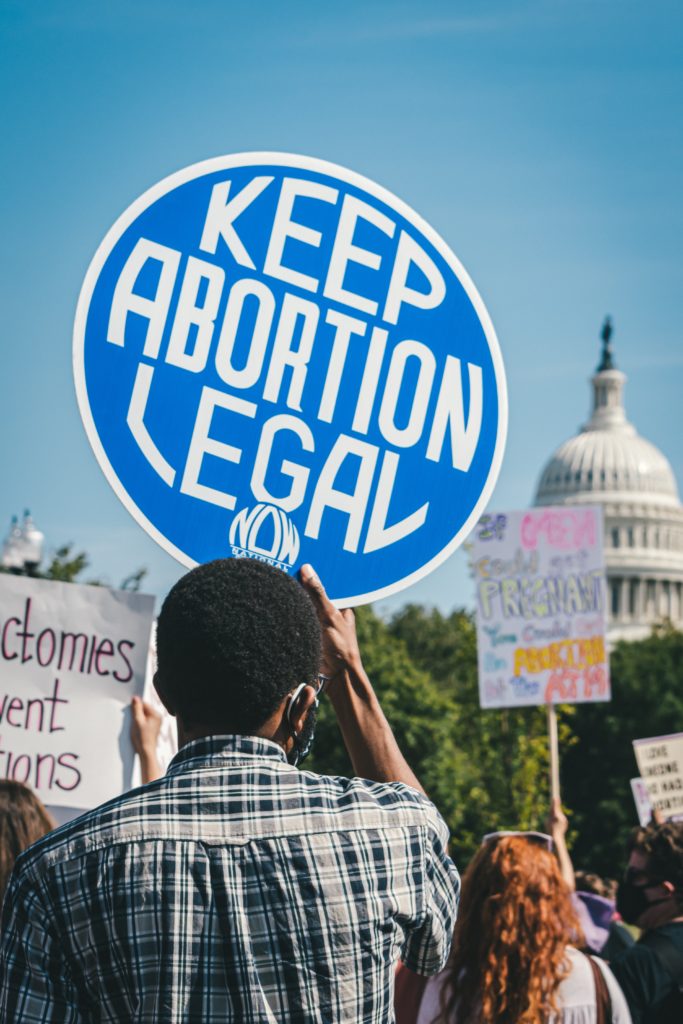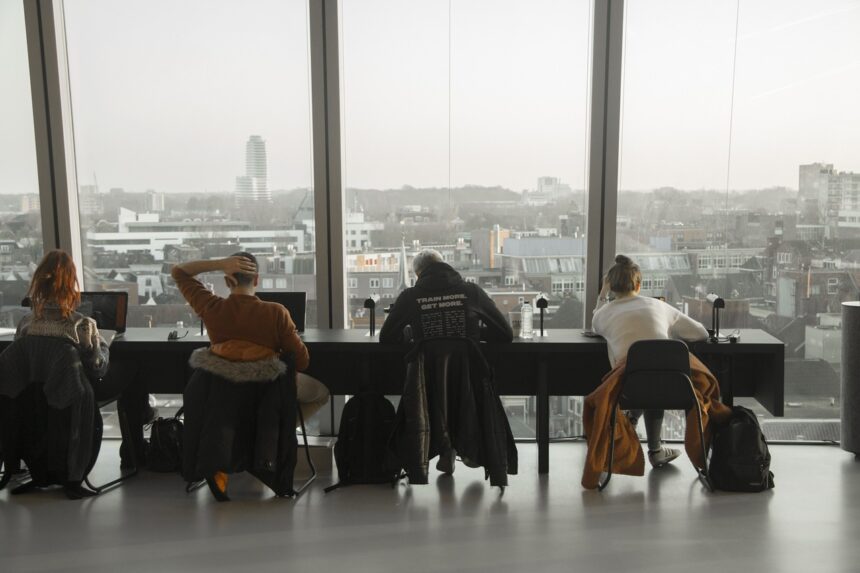by A. Altieri D’Angelo
Someone leaked an internal memo written by Supreme Justice Samuel Alito. The memo outlined why Roe vs. Wade (R), the most critical abortion rights case in U.S. history, should be reversed. There has never been a leak to the press in the history of the Supreme Court (SCOTUS). The publication of the views of the conservative Justices of SCOTUS has created a political firestorm. It also sets up a big test of the political power of women voters.
Since Justice Amy Comey Barrett was appointed, most Americans assumed Roe would be reviewed and likely overturned; SCOTUS currently consists of 6 conservatives and 3 liberal justices. However, some people hoped that SCOTUS would not overrule Roe but limit its scope. Unfortunately, the leaked memo points to Roe being reversed.
Justice Alito’s main argument for overturning Roe is that the U.S. Constitution does not refer to abortions. Conservatives have long argued that if the Constitution does not deal with a matter, then the Federal government has no authority to intervene; such issues must be left to the individual states of the U.S. to decide. In effect, Justice Alito declares that the people in each state need to decide whether abortion should be allowed and in what form. Stated another, SCOTUS would take the position the Constitution does not grant a woman an absolute right to make decisions regarding abortions; only states can give that right.
(The memo’s logic potentially threatens other rights conferred in the last 50 years. For example, the U.S. Constitution says nothing about same-sex marriage. Same-sex marriage is considered an enumerated right-rights protected by the Constitution but not explicitly mentioned. According to Justice Alito, such a right must be deeply rooted in U.S. history and tradition to be protected. One could argue that same-sex marriage is not deeply rooted and should not be allowed. Alito’s memo opens the door to future litigation seeking to limit such rights.)
Justice Alito’s memo was released at a time when several states have passed draconian anti-abortion laws. The new legislation varies in terms of restrictions. In some cases, no abortions are allowed, even in the case rape; other states limit abortions to the first trimester. The new laws sanction people who help women who seek to have an abortion. For example, Texas and Oklahoma anti-abortion laws would also allow private citizens to sue abortion providers or anyone who helps a woman obtain an abortion for up to $10,000; other states also adopted this approach.
Despite the efforts of the anti-abortion movement, most voters (male and female) believe a woman’s right to choose an abortion should be upheld. But voters are split about when abortions should occur and under what circumstances. A recent Gallup poll shows that 80% of those canvassed support abortion in all or most cases. Support for keeping Roe as an abortion precedent is about the same. A CNN poll also found that most respondents indicated they wanted their states to adopt a more lenient approach to abortions if Roe were reversed. Support for abortions drops when such occurs after the first trimester. It is not surprising that Republicans are more Pro-Life than Democrats.
The memo’s release will generate enormous opposition to anti-abortion laws, but such opposition cannot be focused on SCOTUS or the Federal Government. Women must look to state legislatures for a solution.
The Big Test
Women voters are a powerful political force in the U.S. 57% of women voted for Joe Biden in November 2020; Trump received 45%. Women voted at higher rates than men in that election. They also had a record voter turnout and cast more votes than ever before. 80% of Black women voted for Biden and carried him over the finish line.
According to the polls, the new anti-abortion laws are offensive to most women (62% believe abortion should be allowed). Many women believe current anti-abortion laws are punitive and disproportionately impact women at the lower end of the income scale. Such women will most likely not have the means to travel to another state to have an abortion. Women will also find that they will not be able to receive abortion pills in the mail. Many states are implementing laws to penalize the distribution of such drugs. Many women will be forced to choose between having an illegal abortion or carrying a fetus to full term. Neither option is acceptable to most women.
However, women can vote. They can minimize the impact of a reversal of Roe by voting for Pro-Choice candidates. This will not be easy because many of the states that have adopted anti-abortion laws have also introduced laws that restrict the ability to vote. However, Pro-Choice organizations can help register women to vote and transport them to polling places. Women must change state laws.
The Big Test will demonstrate the power of women’s votes in state elections and their actual views on abortion.



















